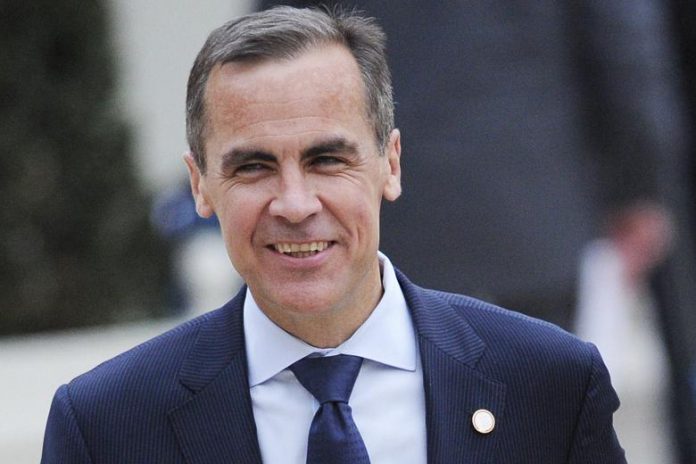Bank of England governor, Mark Carney, has warned that the fall in migrants following Brexit could lead to a push-up in wages and a spike in inflation.
Speaking in Washington, Carney said that Brexit was an example of ‘de-globalisation’ and trade ties would be damaged with the rest of World.
“Abrupt decreases in migration could result in shortages in some sectors that have become reliant on migrant labour, and contribute more materially to inflationary pressures,” he said during the annual Camdessus lecture at the International Monetary Fund in Washington.
“It will be, at least for a period of time, an example of de-globalisation not globalisation. It will proceed rapidly not slowly. Its effects will not build by stealth but can be anticipated,” he added.
“The actual impact [on productivity] will depend on how quickly any lost access to European and third country markets can be replaced.”
“Post-Brexit, sterling will reflect changes in the UK’s terms of trade, supply capacity and relative income. The market has already anticipated some of these effects. Whether it ultimately appreciates or depreciates upon Brexit will depend on the terms of the final deal relative to market expectations at the time”.
Carney acknowledged that relationships with Europe may be “challenging” to maintain.
He went on to say that Brexit was likely to have inflationary effects and “these inflationary effects may be reinforced by developments in the labour market” as the UK moves to a more strict migration plan.
The UK’s plans for migration following Brexit have not yet been clarified but a leaked 82-page paper gives insight into how the UK will manage borders once the UK has permanently broken ties with the EU
The bank’s governor warned that the Bank’s rate-setting panel have indicated that they could raise interest rates for the first time in ten years.

